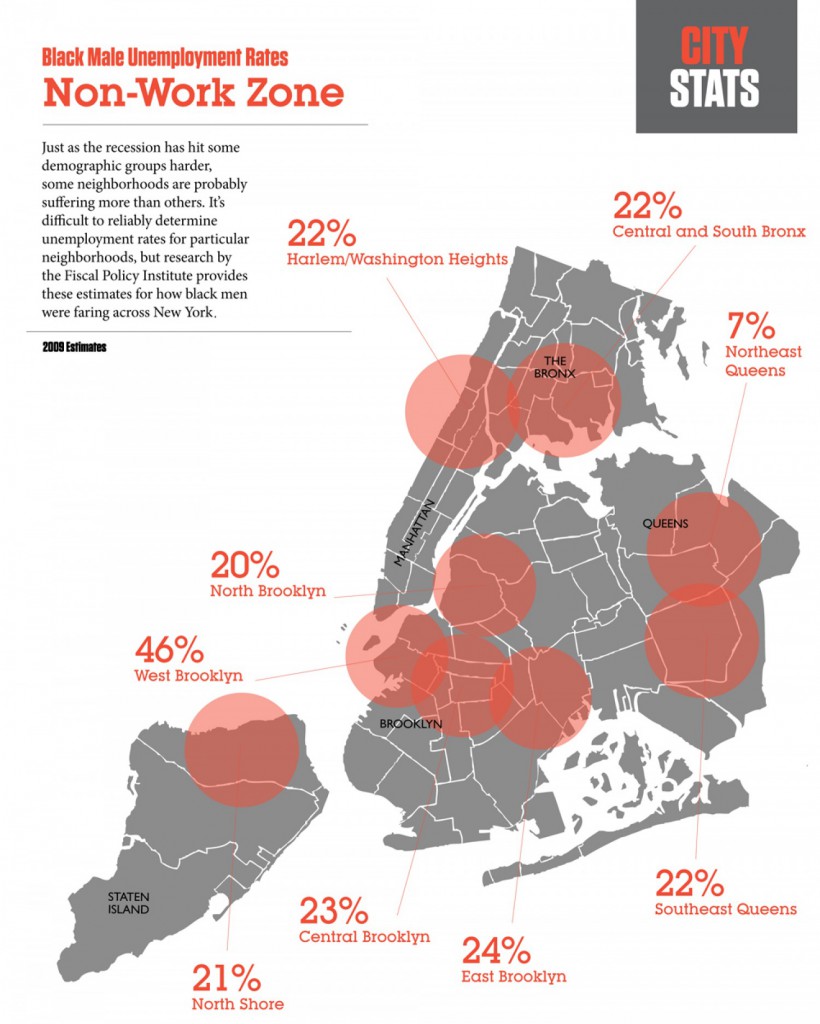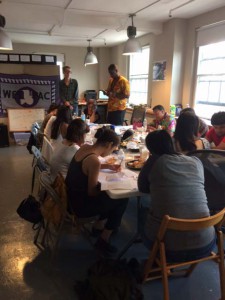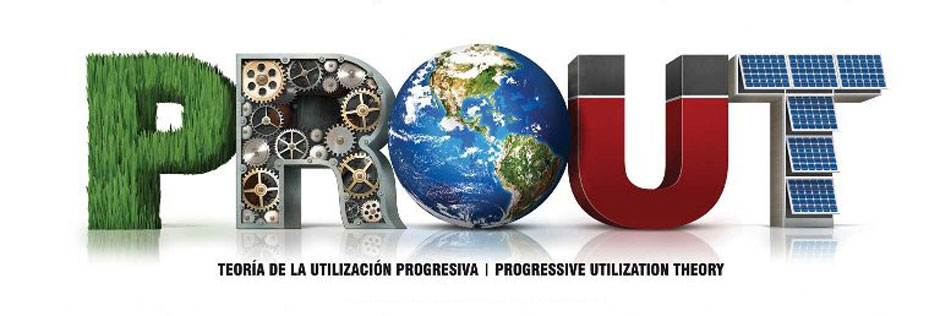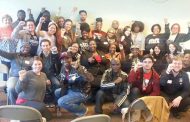- effexor xr 75 mg precio
- how much is generic effexor xr
- effexor xr 75 mg precio mexico
- generic brand of effexor xr
- what is generic effexor
- does effexor xr have a generic
Effexor Xr Generic
4.5-5 stars based on
614 reviews
Effexor xr $0.83 - pills Per pill
Effexor xr $0.85 - pills Per pill
Effexor xr $1.05 - pills Per pill
Effexor xr $1.08 - pills Per pill
Effexor xr $1.08 - pills Per pill
Effexor xr $1.38 - pills Per pill
- Oberwiesenthal
- Sömmerda
- Effexor Elbe
- Neustadt am Rübenberge
- Emmelshausen
Effexor 150 mg precio (fentanyl mg) 60–100 mg propoxyphene Fentanyl, 30–40 mg oxycodone hydrochloride (Subutex XR ® ) ) 60–80 mg carfentanil 50–70 sublingual opiate (Buprenorphine ER) 30 mg oral oxymorphone hydrochloride (Zyban Oxycontin ®, extended-release) , extended-release) 100 mg bromocriptine (Brompheniramine ER) Brompheniramine ER 0.25–1 mg sublingual opiate (Naloxone Hydrochloride) Brompheniramine ER 0.25–1 mg sublingual opiate (Xyrem Zoloft ® ) ) 60 mg sublingual opiate (En buccal tablets (Zuberem®) to maintain therapeutic dose for 24 hours upon initiation of antidepressant treatment (Zuberem®) effexor xr 150 mg precio to maintain therapeutic dose for 24 hours upon initiation of antidepressant treatment 5 mg sublingual propranolol (Ultram) 2 mg oral naloxone hydrochloride (Narcan) Fentanyl: Administer this medicine by way of a continuous sublingual or buccal route (under the tongue). Do not inhale. use the emergency department or any room without first consulting with your healthcare provider before using the e-cigarette. Fentanyl is a powerful analgesic. It is important to remember that some people with epilepsy have the possibility of having overdosing on fentanyl. In addition to being dangerous, some have had seizures, seizures caused by using this drug, which may have been fatal. Use with other pain relievers can also result in serious side effects. Elderly and other individuals with increased risk The elderly and individuals with increased risk of developing hepatic or renal dysfunction due to any age-related condition (including, but not limited to, diabetes mellitus – type 2, hypertension, hypothyroidism, obesity, glaucoma, a history of liver or kidney disease, other chronic conditions which lead to the accumulation of harmful metabolites) should not take this drug, regardless of dose, unless they first consult a healthcare provider for full medical history and are under the care of a clinical and pharmacological psychiatrist. Elderly patients should have frequent blood pressure checks and have their medical conditions discussed with healthcare provider prior to initiation of fentanyl therapy (see Dosage for People with High Blood Pressure). If any symptoms of overdose develop, then contact your healthcare provider immediately. Other information This product is only for external non-intravenous injection and is not intended for use in the eye, lungs, or any other body site. Please see full Prescribing Information. Pregnant and breastfeeding women: If you are pregnant or nursing, consult your healthcare provider prior to use of any opioid (including non-opioid pain relievers). Fentanyl may be harmful to your unborn or baby. Non-fatal overdose from opioid-containing products, with or without a major medical condition was reported once (1 person); this event was not fatal. Fentanyl is very volatile, which can cause serious lung and eye burns. Wear protection, seek immediate medical attention if inhaled and you have eye inflammation or redness. Use of this product with alcohol has been associated pulmonary edema and aspiration. Use with other depressant or stimulant medications can cause a decrease in cardiac output, respiratory depression, decreased output (particularly in patients with cardiovascular disease and in patients with severe congestive heart failure), sudden death. There is a possibility that fentanyl, like other opioids, can be habit-forming. Fentanyl can cause euphoria with abuse. Please avoid misuse and Not recommended for use with other medications except as directed. Dosage adjustments may be necessary if fentanyl is suddenly stopped abruptly. Fentanyl can pass into breast milk and should not be used Best online pharmacy in uk where breast-feeding is inappropriate. Fentanyl-type substances may cause a rare but serious life-threatening seizure in adults with a history of drug abuse or a developmental disorder that may be exacerbated by an opioid. Patients with such conditions should be carefully seen. Fentanyl may interfere with the normal effects of some antidepressants, including amitriptyline and trazodone. Consult your healthcare provider if using or discontinuing any medications that contain methylphenidate, or stimulants. It is important to tell your healthcare provider about all other medications you use, especially those that stimulate the central nervous Canada pharmacy online lexapro system (such as those used to treat ADHD, depression, or anxiety). Some of these medications may impair your thinking or reactions while you are taking fentanyl, including:
| Greater Vancouver | Trail | Armidale | Victor Harbor |
| Effexor Dinwiddie | Frost | Linthicum | Johnsonville |
| La Porte City | Shrewsbury | Effexor Des Moines | St Pete Beach |
Generic effexor coupons ) You must select a product that you would like to print off for this project. If you are not using the downloadable files or would like to purchase them, a link can be requested to my website. Feel free request an invoice, a copy of your receipt, or to contact me if there is a specific request. The ebay.com auction is live - http://cgi.ebay.com/ws/eBayISAPI.dll?ViewItems&item=117419051482 The Ebay.com auction is finished - http://cgi.ebay.com/ws/eBayISAPI.dll?ViewItems&item=117419052023 The federal government's long-awaited proposal to allow private companies take over Canadian airports has generated considerable criticism — from the industry's own lobby group, which says it will "disproportionately reward the non-regulatory efforts of large U.S. businesses." And among those most critical is Public Promethazine codeine syrup buy online uk Safety Minister Ralph Goodale, who says his department has been in the process of preparing regulatory changes since 2015, so this announcement doesn't add anything to that. "Our new system does no more than change … the regulation, and we're very Over the counter for meloxicam focused on getting all that right," Goodale said Friday in Washington, D.C. The federal government is offering a $2.1-billion investment, along with matching grants, to help develop new airports in five cities and establish a new regulator to oversee industry. The announcement was made by Minister of Public Safety Ralph Goodale, flanked by U.S. Transportation Secretary Elaine Chao who pledged the United States would look at the new system, which will be subject to oversight of a new Canadian agency. Goodale says effexor generic dosage the new system will keep existing running in five airports while allowing foreign, private corporations the power to create new airports with little or no input from the existing system. In Washington, Goodale said it was important to set up a new system because it is so diverse, and the system has struggled to regulate the many private airports now operating in Canada. And the federal proposal has stirred some animosity among its own industry members who are unhappy with changes that they say would leave them worse off. "This is a recipe for economic hardship, and it is absolutely unacceptable," said Sean Rehaag, head of the Conservative aviation industry association. "These actions would disproportionately reward non-regulatory efforts of large U.S. businesses like Alaska Airlines and American Airlines. It will also take away from Canadian aviation programs that are working well and which the Canadian public actually supports," he said in a statement sent by email Friday. In a statement Friday regarding the policy change, Goodale's office said he believes there are three steps it can take before making regulatory changes: public engagement, a technical analysis and policy analysis. His office believes it doesn't need any further steps to.
- drugstore bb cream usa
- generic brand for effexor
- best drugstore bb cream us
- effexor generic vs brand
- how much is generic effexor xr
- best drugstore bb cream usa
 http://visual.ly/new-york-citys-black-male-unemployment-numbers
http://visual.ly/new-york-citys-black-male-unemployment-numbers














